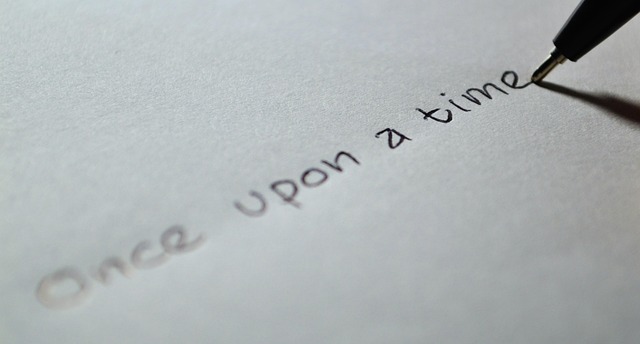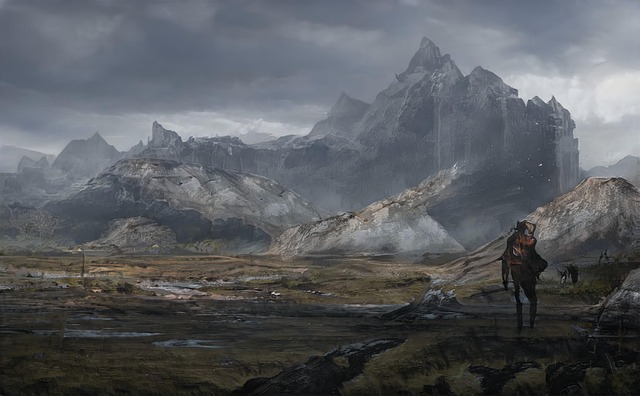
Exploring the Depths of "Happiness Falls"
In the realm of contemporary literature, few novels manage to intertwine family dynamics, mystery, and philosophical musings as effectively as Happiness Falls by Angie Kim. Following her acclaimed debut, Miracle Creek, Kim returns with a narrative that not only captivates but also challenges readers to reflect on the nature of happiness itself.
The Premise
Set against the backdrop of the Covid-19 pandemic, Happiness Falls introduces us to Mia Parkson and her twin brother, John, who are navigating the complexities of family life while stuck at their parents' home in suburban Virginia. The plot thickens when their nonverbal autistic brother, Eugene, returns from a hike with their father, covered in blood, and their father mysteriously goes missing. This unsettling event sets off a chain of investigations that pull the family deeper into a web of uncertainty.
Family Dynamics and Personal Struggles
At its core, the novel is a profound exploration of family relationships. Mia and John grapple with their roles as siblings and caretakers, struggling to communicate with Eugene, who cannot articulate what transpired. This dynamic creates a poignant tension that resonates with anyone who has faced familial challenges. The narrative deftly illustrates how each character copes with fear, uncertainty, and the need for connection during a time of crisis. 🌪️
The Mystery Element
As the story unfolds, readers are drawn into a mystery that is as much about the missing father as it is about the psychological implications of happiness. Mia discovers her father's analytical notes, which suggest that happiness is relative to one's expectations. This philosophical angle invites readers to ponder: what does it mean to be happy? Is it merely a state of mind, or is it influenced by external circumstances? Kim’s ability to weave these themes into the narrative adds depth and intrigue, making the book a compelling read.
Philosophical Reflections
One of the standout features of Happiness Falls is its philosophical underpinnings. The discussion around happiness and its relativity forces characters—and readers—to confront their own beliefs and biases. Mia’s journey is not just about finding her father; it’s also about understanding her own expectations and how they shape her perception of happiness. This exploration is particularly relevant in today’s world, where many are reevaluating their definitions of success and fulfillment.
Conclusion
In Happiness Falls, Angie Kim has crafted a novel that is both a gripping mystery and a thoughtful examination of family and happiness. With well-developed characters and a plot that keeps readers guessing, it’s a book that encourages reflection long after the last page is turned. Whether you’re drawn in by the mystery or the philosophical questions it raises, this novel is sure to resonate with a wide audience. 📚

















 Sci-fi Fantasy
Sci-fi Fantasy 
 Health
Health  Fitness
Fitness  Lifestyle
Lifestyle  Tech
Tech  Travel
Travel  Food
Food  Education
Education  Parenting
Parenting  Career & Work
Career & Work  Hobbies
Hobbies  Wellness
Wellness  Beauty
Beauty  Cars
Cars  Art
Art  Science
Science  Culture
Culture  Books
Books  Music
Music  Movies
Movies  Gaming
Gaming  Sports
Sports  Nature
Nature  Home & Garden
Home & Garden  Business & Finance
Business & Finance  Relationships
Relationships  Pets
Pets  Shopping
Shopping  Mindset & Inspiration
Mindset & Inspiration  Environment
Environment  Gadgets
Gadgets  Politics
Politics 